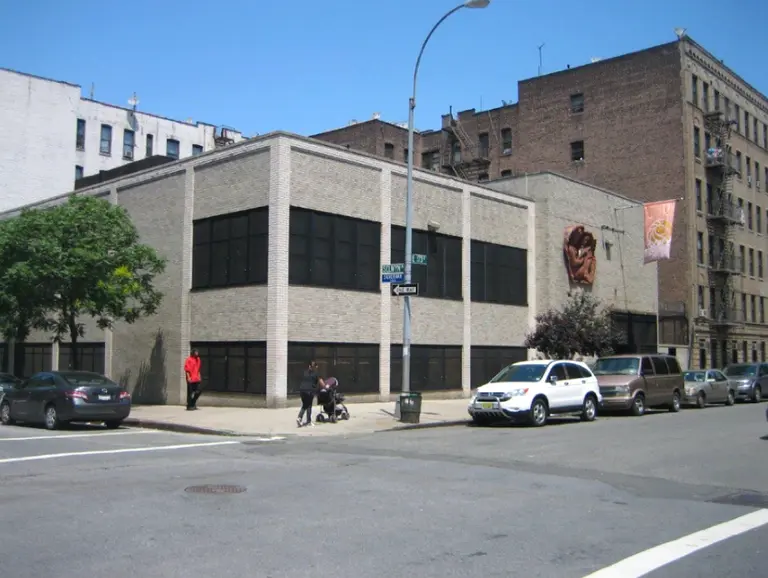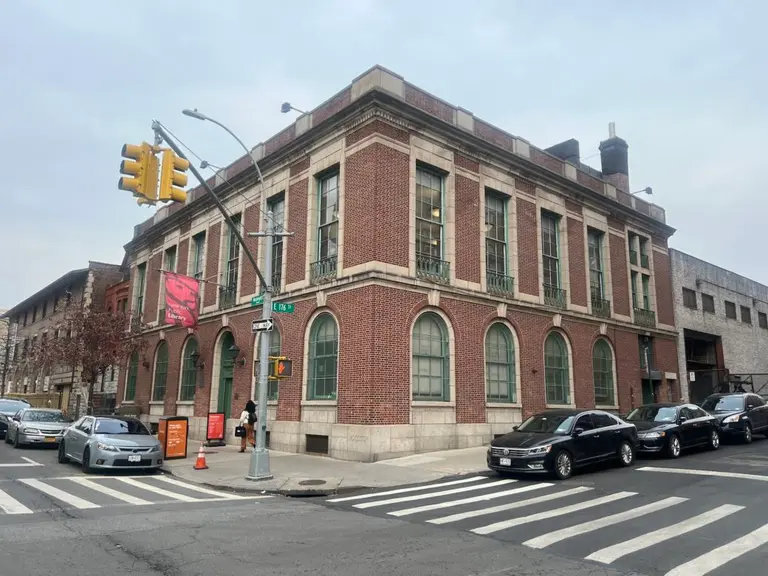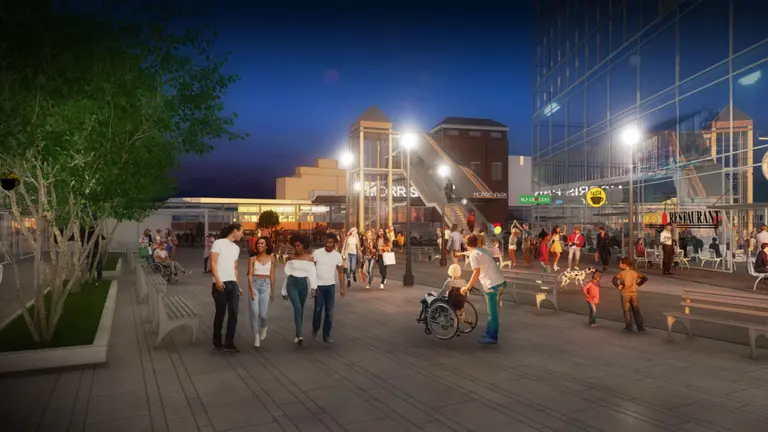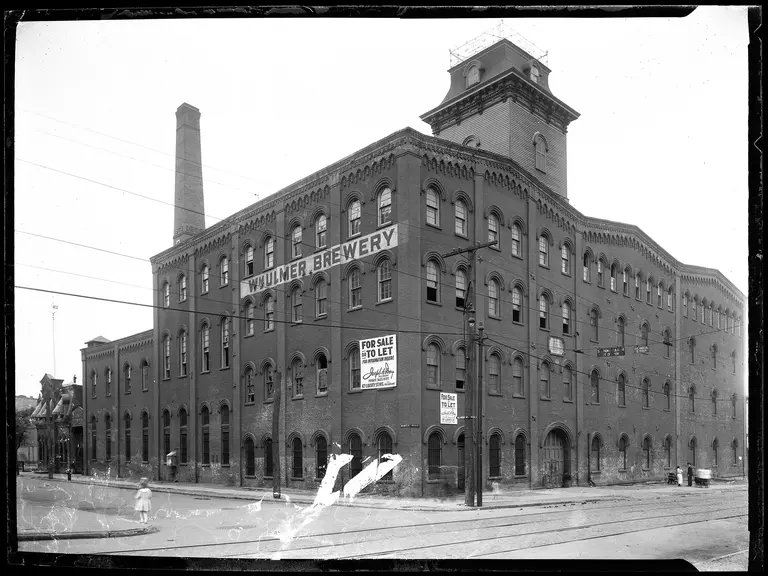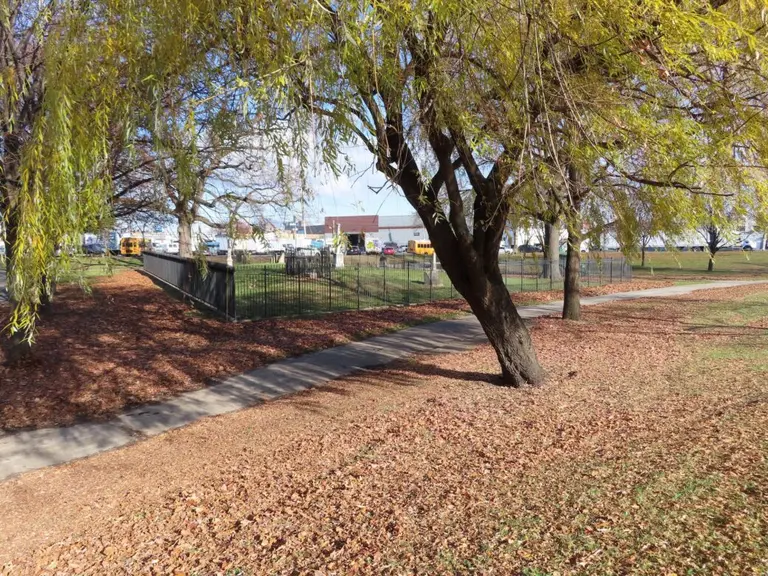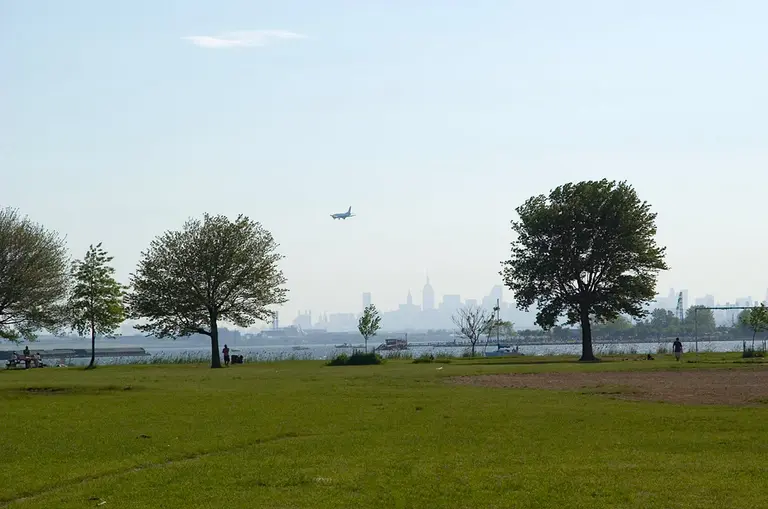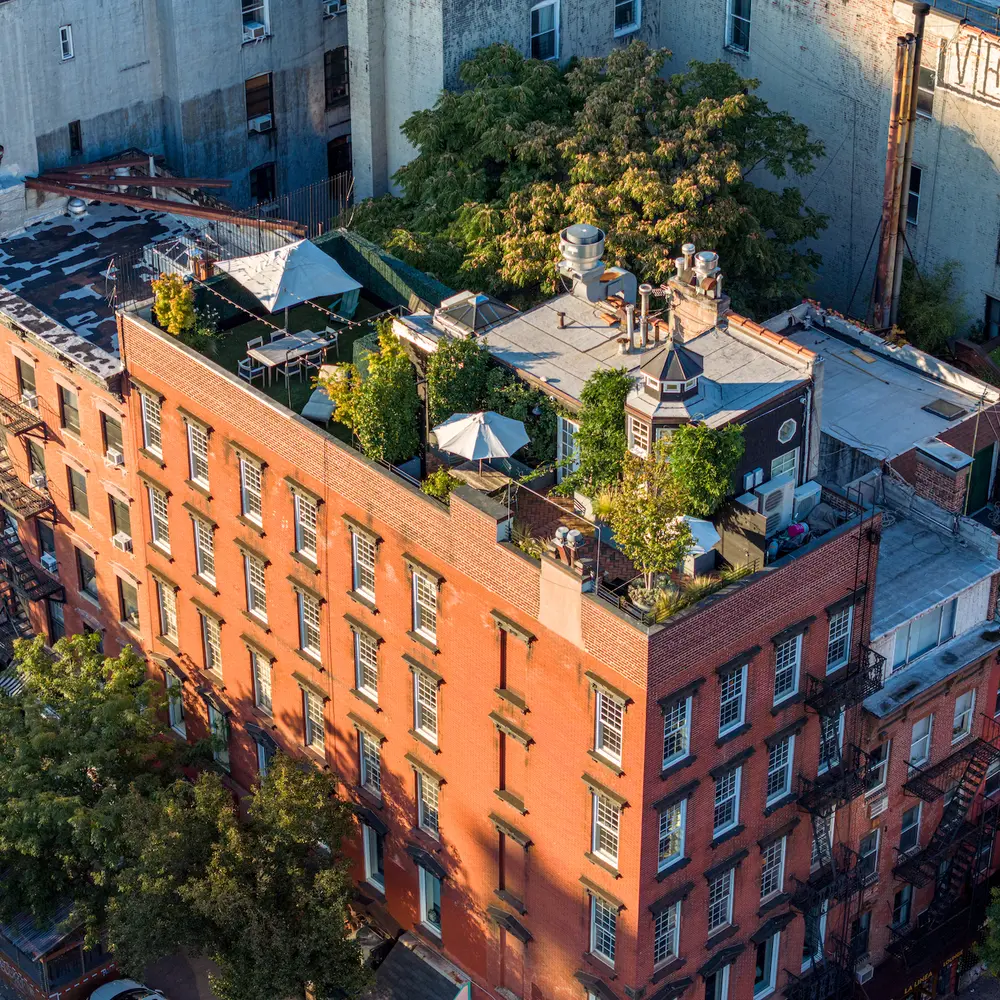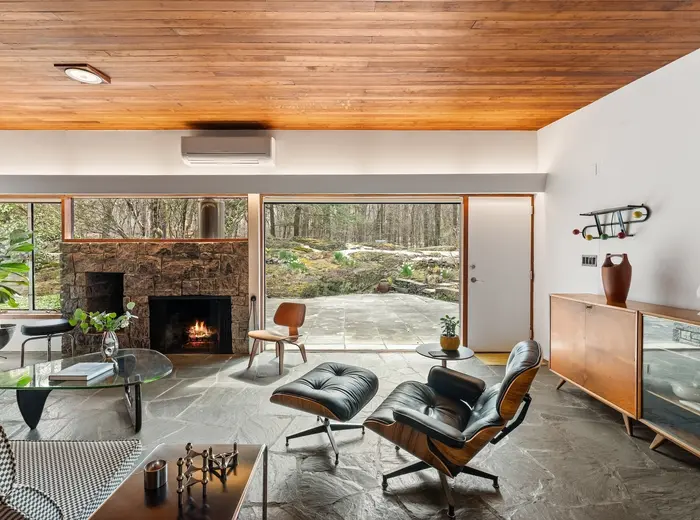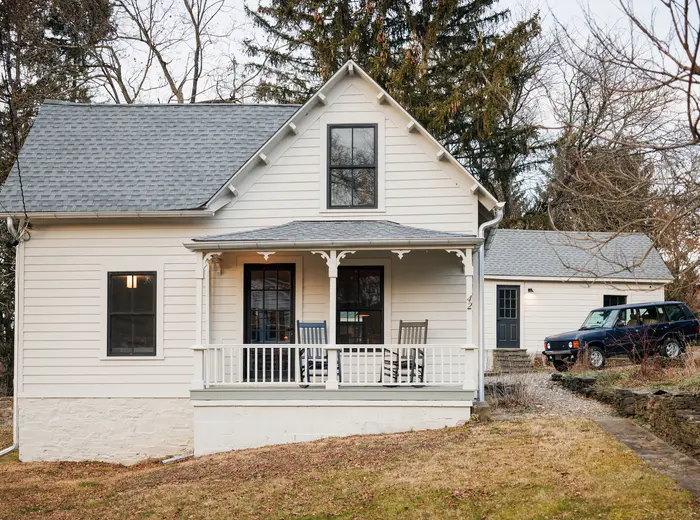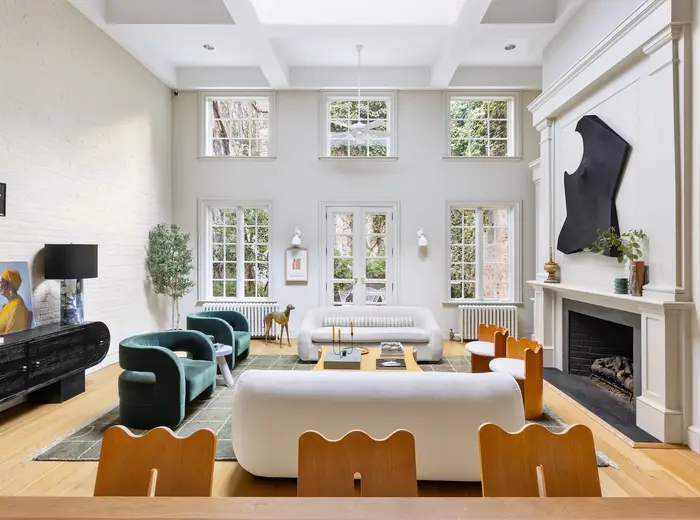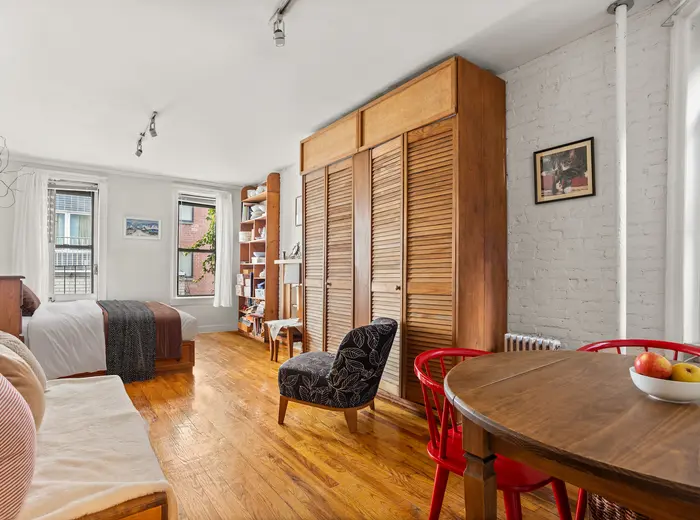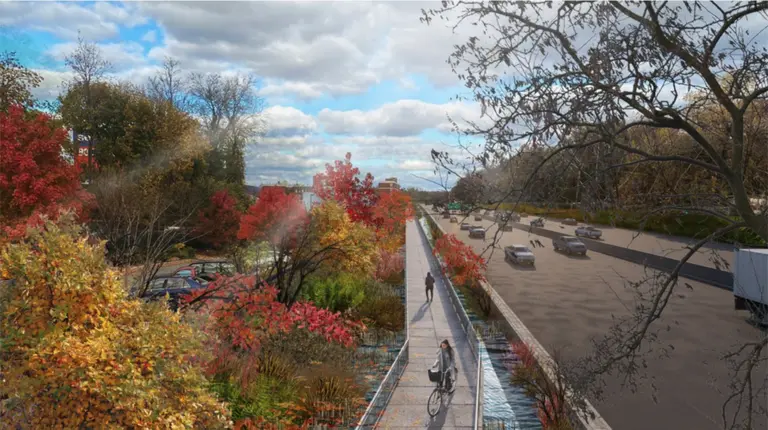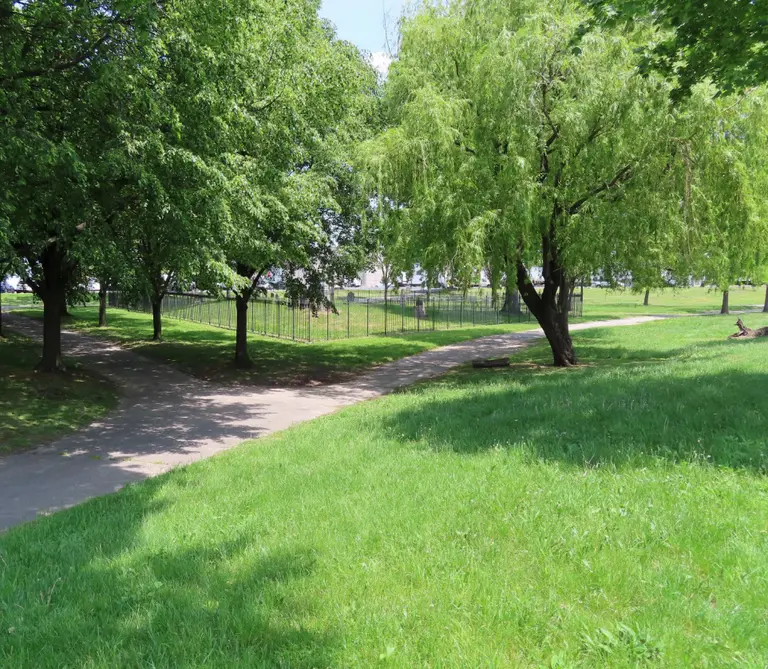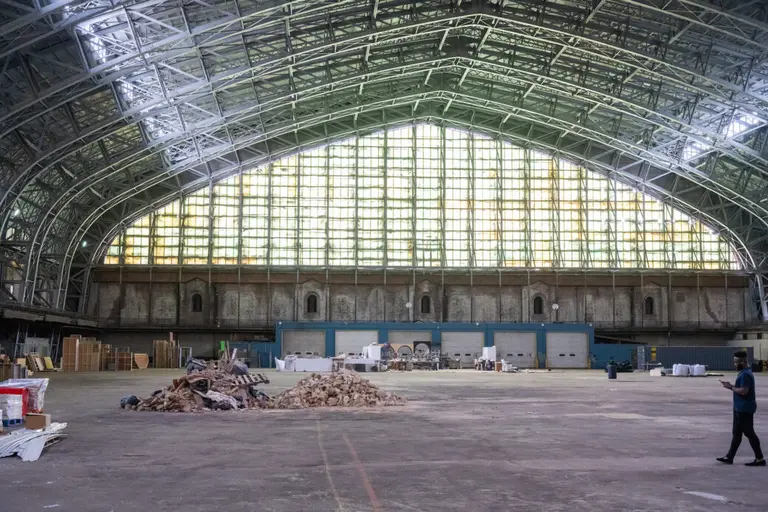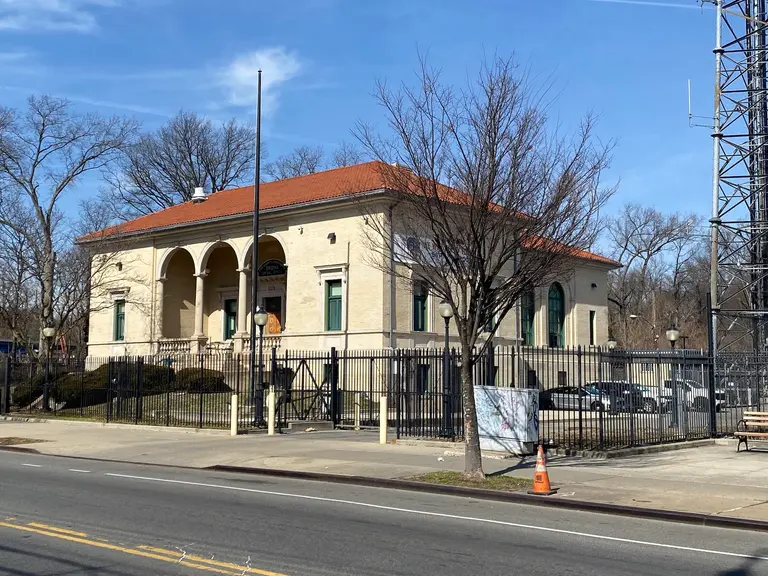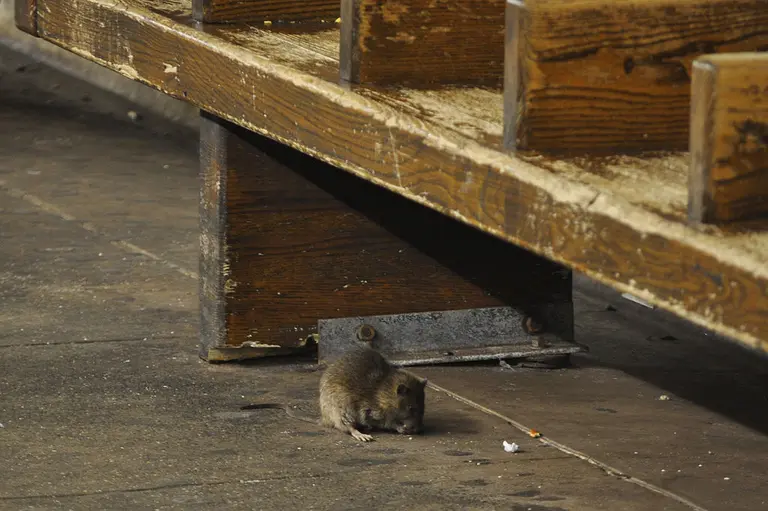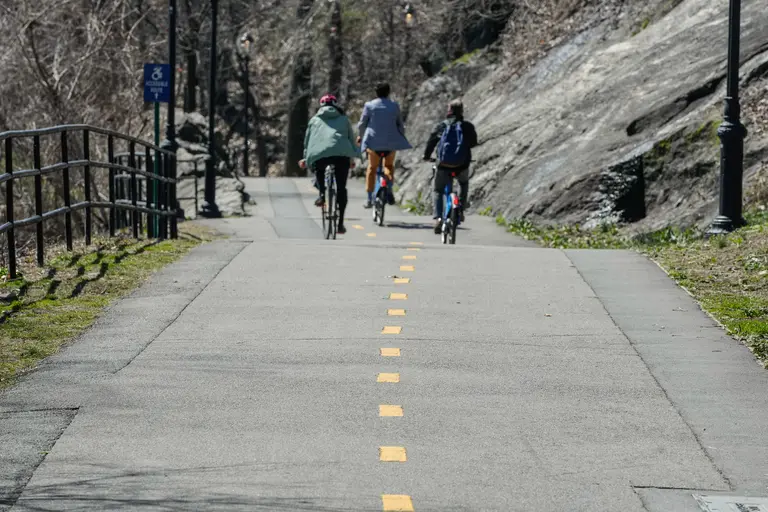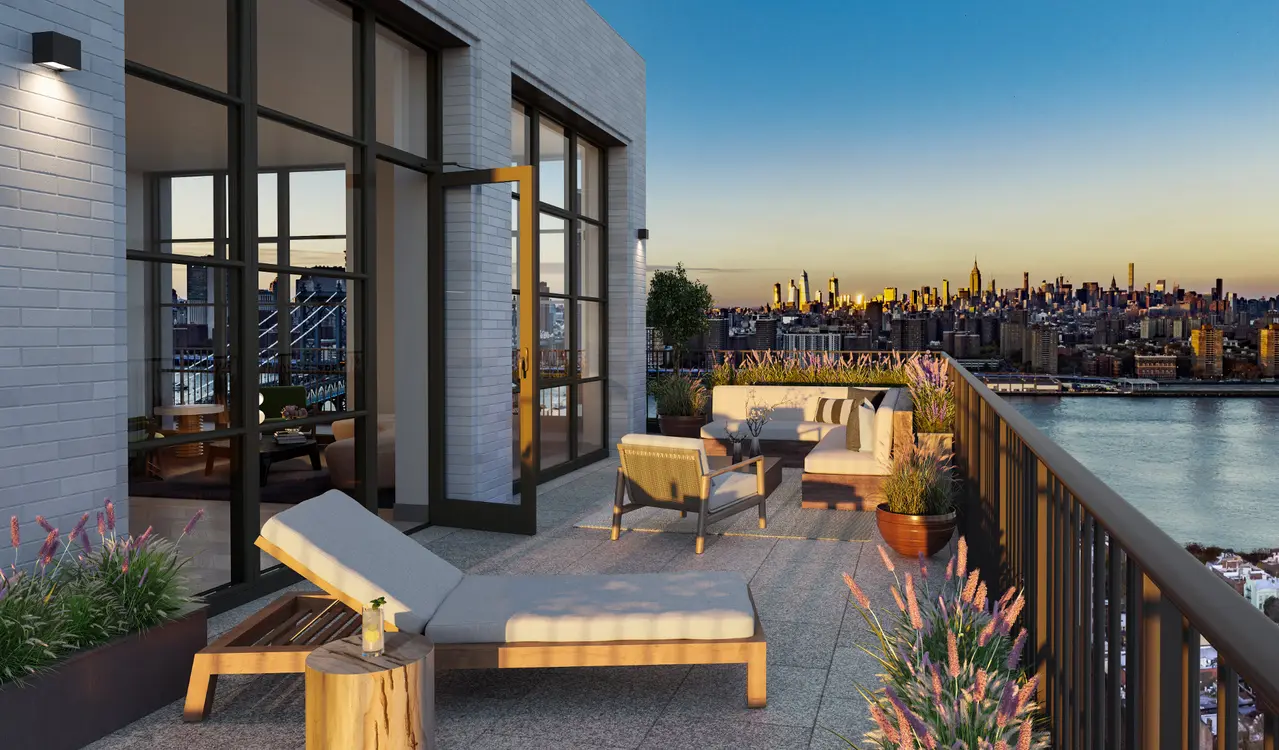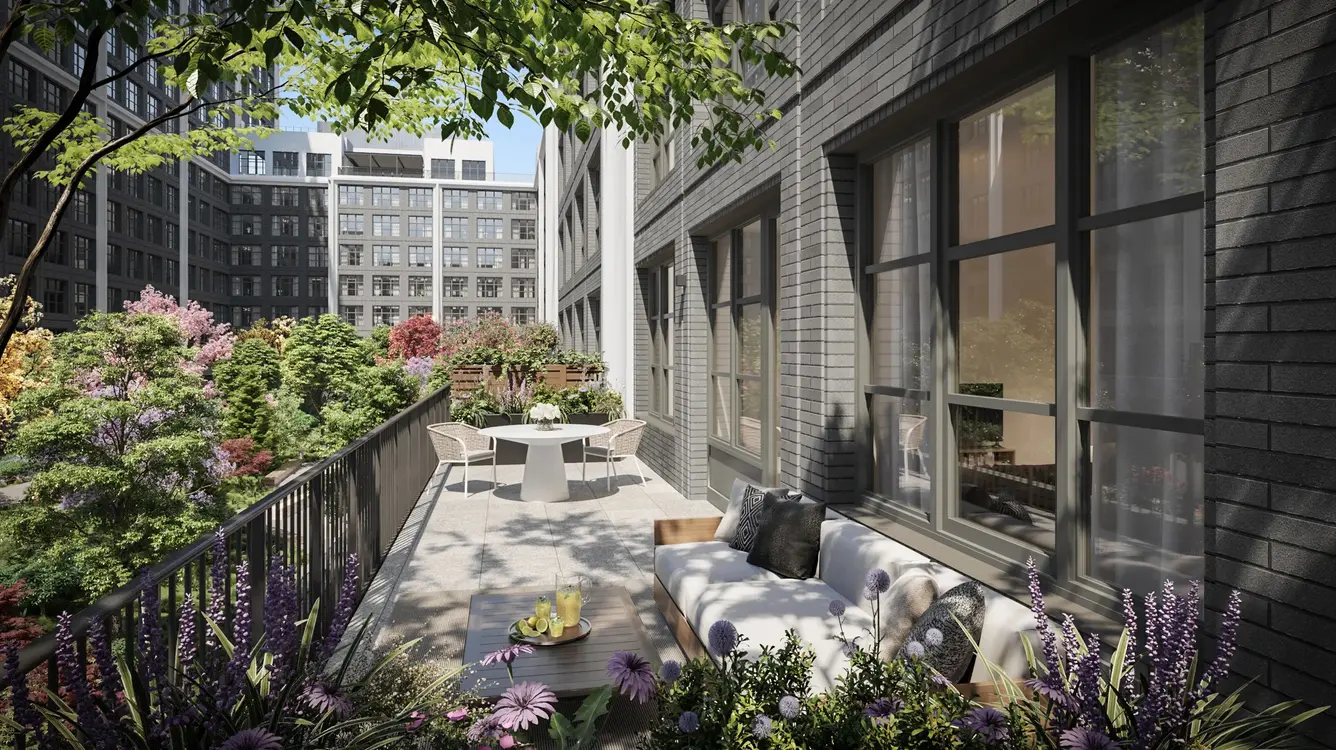NYC Council approves plan to replace Rikers Island with four new jails
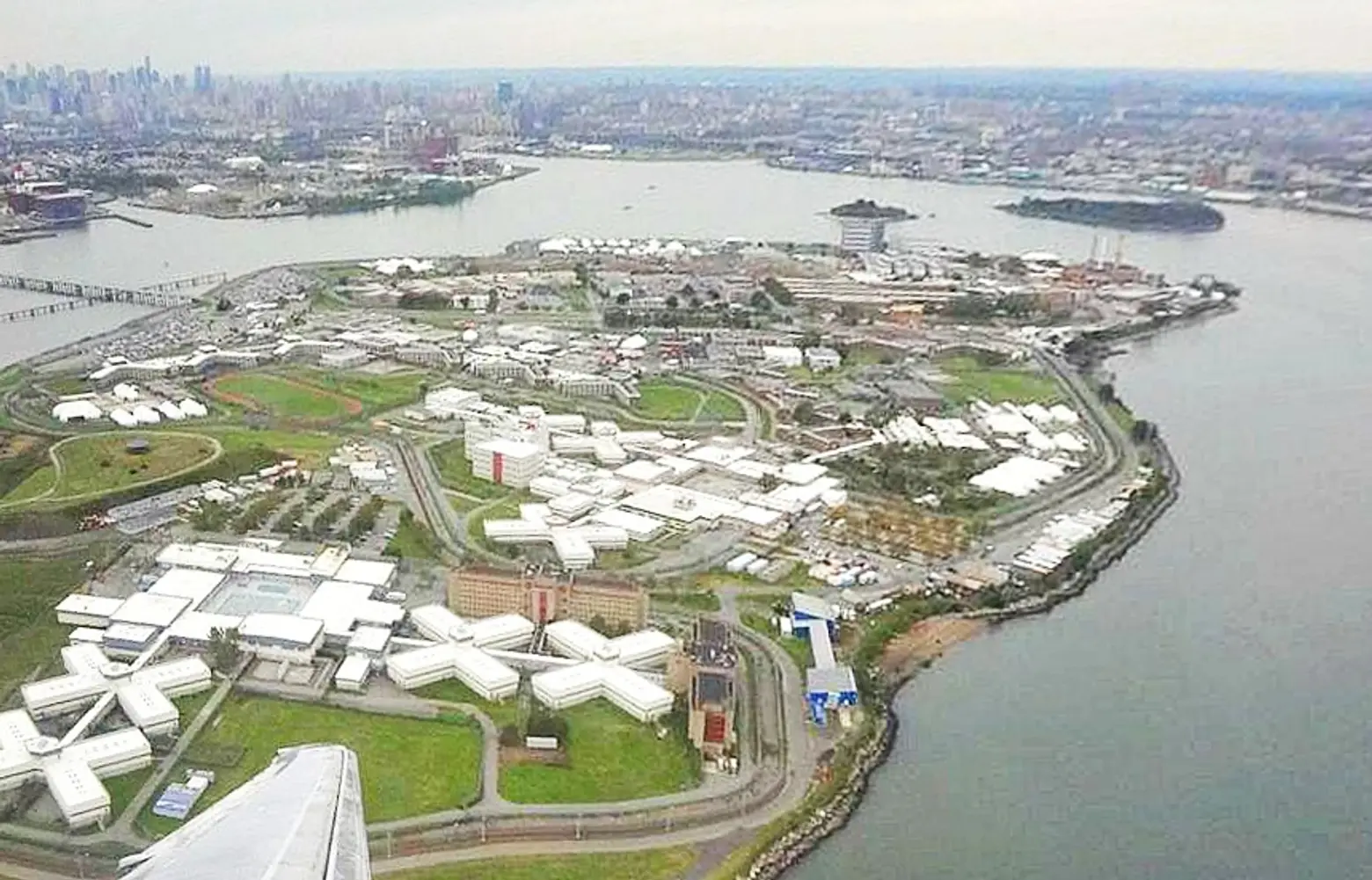
Photo by Tim Rodenberg on Wikimedia
The New York City Council on Thursday approved a plan that would close the notorious Rikers Island complex and replace it with four smaller jails across the city. The nearly $9 billion proposal, released by Mayor Bill de Blasio in 2017, pledges to shutter Rikers in 10 years by dramatically reducing the city’s jail population. It involves housing inmates in new facilities in Lower Manhattan, the South Bronx, Downtown Brooklyn, and Kew Gardens that are better integrated with the surrounding communities, as well as located closer to court systems.
The Council approved the jails proposed for Manhattan, Brooklyn, and Queens with a vote of 36 to 13. The Bronx jail was approved with a 35 to 14 vote. The approval comes with a $391 million investment (which includes both new and previously secured funding) in prevention and diversion programs, community-based mental health services, and housing and public safety programs.
Ahead of the vote, City Council Speaker Corey Johnson addressed the Council and called the decision “one of the most significant votes in our careers.”
“We can’t undo all the mistakes of the past, but as a city we must do everything we can to move on from the failed policies of mass incarceration,” Johnson said. “We are on the cusp of a new and more humane era of our city.”
The four jails were assessed under one Uniform Land Use Review Procedure (ULURP) application. All but the Mott Haven site, where a new complex will be constructed at a tow pound on East 141st Street, will be built at existing jail sites. The plan calls for the facilities to include on-site support services, educational programming, recreation activities, and therapeutic services.
On Monday, the city revised its estimated jail population to 3,300 by 2026, 700 fewer inmates than earlier estimated. In 1991, the complex housed roughly 22,000 inmates. The de Blasio administration pointed to recent state bail reforms and the expansion of the city’s supervised release program as reasons for the projected reduction.
Because the city expects fewer inmates, the maximum height of the new jails can be reduced, relieving at least one concern from community members. The original plan called for facilities to be between 245 and 450 feet tall; the new design limits the facilities to a height of 295 feet.
The Council’s approval comes after decades of advocacy from criminal justice organizers and elected officials to shutter Rikers, a 400-acre site of eight jails known for its corrupt and cruel treatment of inmates. Calls for closing the isolated complex intensified following the 2015 suicide of 16-year-old Kalief Browder, who had spent three years at Rikers, two in solitary confinement, for allegedly stealing a backpack.
While de Blasio originally dismissed pleas from advocates to shut down Rikers, he backed the idea one day before an independent commission released a report recommending replacing the complex. The Independent Commission of New York City Criminal Justice and Incarceration Reform’s 2017 report determined that closing Rikers Island would be an “essential step in building a more just New York City.”
Because the project is design-build, a lot of the plan remains unknown. The actual design and layout of the new facilities, as well as a construction timeline, have not been released, with those details expected to be worked out later. Critics of the plan are concerned about the project’s lack of detail and argue that the city did not seek adequate community input from residents on the new facilities.
Council Member Carlos Menchaca on Thursday voted against the mayor’s plan, citing concerns about whether it would actually close Rikers Island.
“I believe this vote only enriches developers in the short-term while leaving the fate of Rikers in the hands of a future mayor and a future Council,” Menchaca said in a statement. “Yet the mayor asks us to trust him. I do not trust the mayor. Do you?”
Opponents of the plan say they will continue to fight the borough-based jails. No New Jails NYC, which argues that Rikers can be closed without building any new detention facilities, said the Council voted based on “duplicitous claims, outright lies, and performative concern” for incarcerated people.
“But this fight is not over, and no doubt about it: we will win,” a statement from NNJ reads. “These jails are not built, and they will not be built. We are more committed than ever to closing Rikers immediately with no new jails. The fight is just beginning.”
RELATED:
